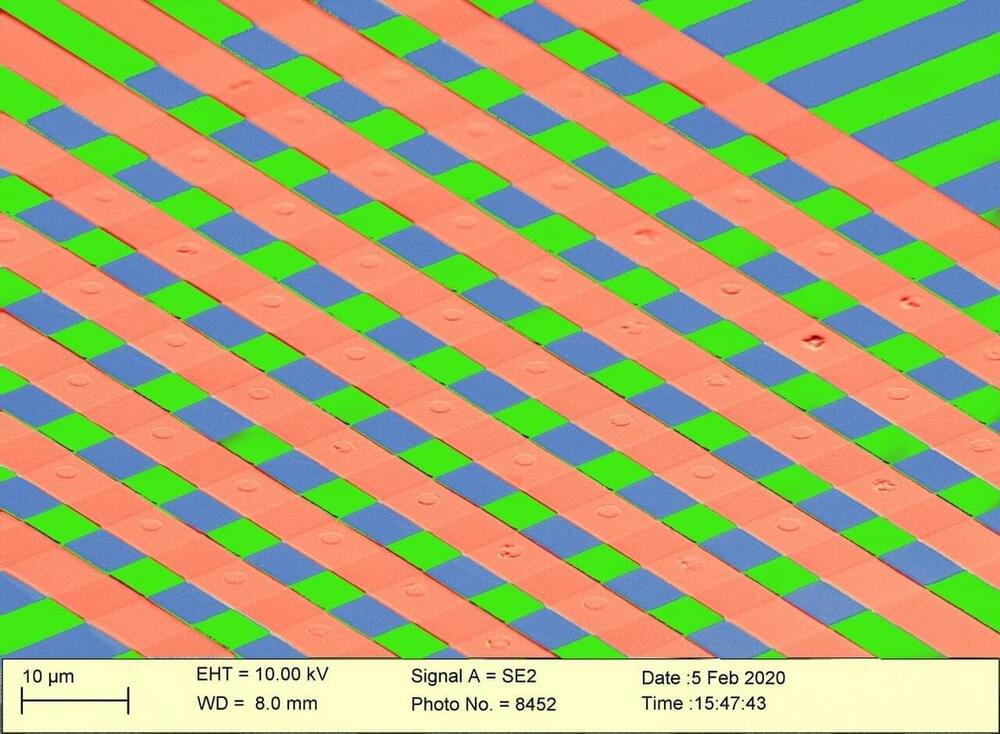Imagine this: A smooth touchscreen display placed on top of a thin silicone polymer film suddenly generates the feeling of a tiny raised button under the user’s finger. Or how about the idea of wearing that same polymer film like a second skin? If used to line an industrial glove, the film can provide valuable feedback by gesture recognition and by sending tactile signals, such as pulses or vibrations, to the wearer. The research team led by Professor Stefan Seelecke of Saarland University will be at this year’s Hannover Messe, the industrial trade fair running from 30 May to 2 June, where the team will be demonstrating how smart tactile surfaces are now being used as novel human-machine interfaces.
Seelecke’s research team at Saarland University are using thin silicone films to give surfaces some very novel capabilities. The technology, which is able to create the sensation of a tactile “button” or “slider” on flat glass display screens, is literally bringing a new dimension to touchscreen interactions. The polymer film is able to change shape on demand to create the feeling of a raised button or a key on the surface of the display that the user can then use, for example, to navigate around a page or to enter data.
“Using this technology, we can make the user interfaces of smart phones, information screens or household devices more user friendly,” said Seelecke, who heads the Intelligent Material Systems Lab at Saarland University. If a user feels a pulse or vibration under their fingertips, they can then respond by tapping the screen. And because the user also experiences the slight resistance that we feel when we press a ‘real’ button or switch, they know that their response has been successful. For the blind and partially sighted, this sort of physical feedback is not a gimmick, but hugely valuable in their day to day lives.





